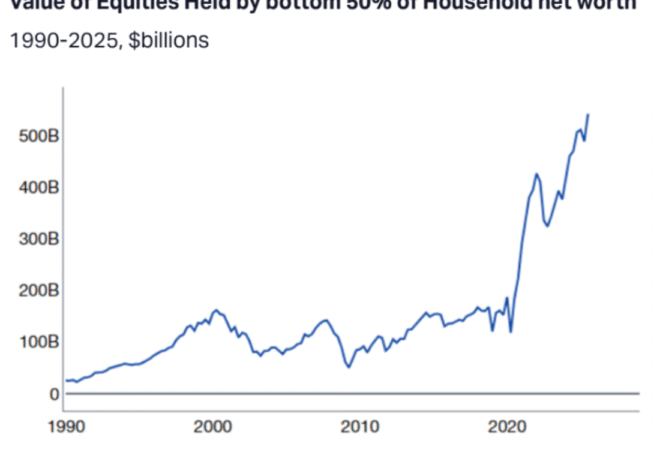
Trump’s Plan For Tracking Costs Of Large Natural Disasters At NOAA: The Ostrich Routine
from the pray-for-packed-sand dept
The nightmare that is Elon Musk’s DOGE cuts continues. The program, originally billed as a method for identifying all kinds of waste, fraud, and abuse within government spending, has shown itself to be more about giving Musk’s DOGE kiddos access to all kinds of data they shouldn’t have and something of a creative writing exercise when it comes to how much in supposed savings DOGE is creating. Meanwhile, these cuts are causing real harm to real people, from the chaos its helping create at the IRS, the suffering around the world stemming from the virtual shutdown of USAID, all the way to the cuts at HHS as RFK Jr. growls about chemtrails while the current measles outbreak that started early this year just crossed the 1,000 confirmed case mark.
But there are other cuts, too. The National Oceanic and Atmospheric Administration (NOAA) was hit hard with budget and staff cuts itself. One of the victims of those cuts is a tracking mechanism for the costs incurred by the government for major natural disasters.
Perhaps most notably, the NOAA announced it would be shuttering the “billion-dollar weather and climate disasters” database for vague reasons. Since 1980, the database made it possible to track the growing costs of the nation’s most devastating weather events, critically pooling various sources of private data that have long been less accessible to the public.
“In alignment with evolving priorities, statutory mandates, and staffing changes, NOAA’s National Centers for Environmental Information (NCEI) will no longer be updating the Billion Dollar Weather and Climate Disasters product,” NOAA announced. “All past reports, spanning 1980-2024, and their underlying data remain authoritative, archived, and available,” NOAA said, but no data would be gathered for 2025 or any year after.
Is tracking the cost trends of natural disasters in America useful? Of course it is! Especially if you want to do trend analysis for budgeting purposes, if nothing else. Is part of the reason this is being cut due to Donald Trump’s disdain for climate change’s very existence? Almost certainly! After all, a show of rising costs from natural disasters would show that those disasters are increasing in frequency and severity, poking a giant hole in Trump’s theory that it’s all just a hoax created by Chinese lizard people to make America worse off… somehow.
So instead of collecting this useful data for analysis, Trump would prefer the American government act like an ostrich and shove its collective head in the sand. And, yes, I realize that descriptions of how ostriches do this is absolute nonsense. They don’t do anything remotely like shoving their head in the sand when they encounter danger. That would be evolutionarily idiotic.
But it’s exactly this idiocy that is Trump’s new policy.
Although the database purported to have “no focus on climate event attribution,” its tracking appeared to conflict with Trump orders prohibiting DEI and undoing climate initiatives, alongside other crippling cuts to science. CNN dubbed the database’s closure “another Trump-administration blow to the public’s view into how fossil fuel pollution is changing the world around them and making extreme weather more costly.”
It’s unlikely that any private company, nonprofit, or academic research group could replicate the effort, CNN suggested, since private industry otherwise shields its data from public view. Losing the database will not only impact how local governments assess the most devastating weather catastrophes but will also hobble all research dependent on the database to expand analysis of concerning trends. And it comes at a time when the Trump administration is threatening even more cuts at NOAA, planning to eliminate its research division and climate labs, CNN reported.
In place of all of this useful data, I suppose, will be more printed out disaster maps Sharpied to accommodate an American President’s wishcasting.
Filed Under: climate, climate change, climate disasters, doge, ncei, noaa







